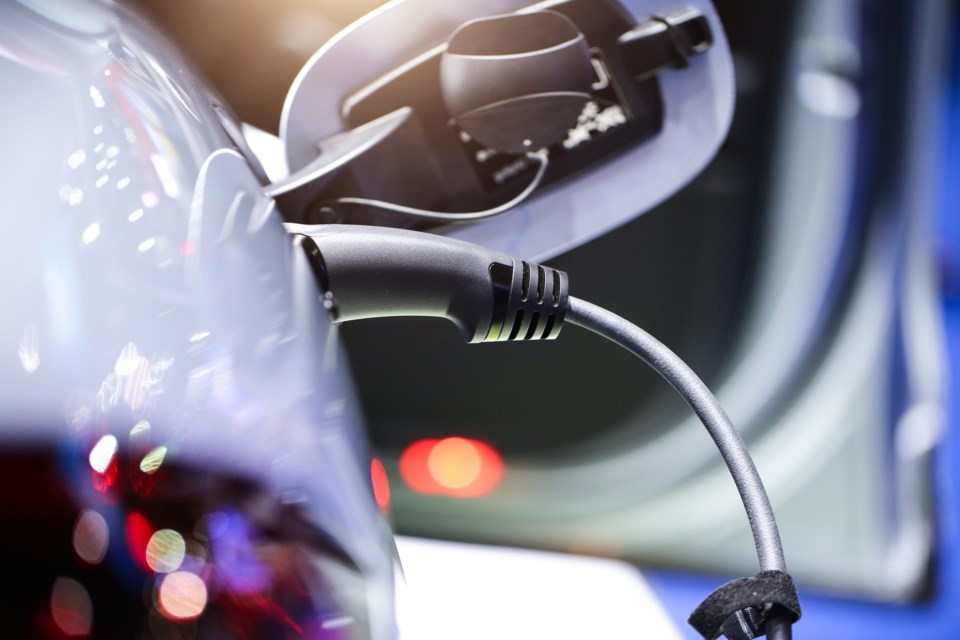The City of Burnaby is set to spend more than $2.3 million to install new electric vehicle charging stations at city hall, plus a solar canopy.
A city staff report recommends Hyland Excavating be approved for a contract of $2,360,852.55.
“The scope of this project includes the installation of f54 electric vehicle charging stations in the City Hall fleet parking lot, a solar canopy, and associated electrical and civil works,” reads the report.
Mayor Mike Hurley is a big proponent of electric vehicles and owns one himself.
This comes at a time when BC Hydro is warning British Columbians of an impending “EV bottleneck” after hundreds of thousands of drivers who put off buying an electric vehicle over the pandemic look to pick up a new car.
In a recently released report titled “Leading the charge: Why demand for EVs will increase in a post-pandemic world,” a BC Hydro survey found roughly two-thirds of British Columbians are considering buying an EV over the next several years; meanwhile, a majority are looking to purchase one in the next year or two.
“Despite a global pandemic that kept most British Columbians home more than ever before, electric vehicle sales in B.C. accounted for almost 10% of car sales in 2020 — the highest rate per capita in North America,” notes the report.
Most potential EV owners say told BC Hydro they want to make the switch to save money on gas and protect the environment.
The electric utility predicts post-pandemic demand for certain models is likely to lead to long waitlists. Meanwhile, a microchip and lithium battery shortage is also expected to squeeze global supply.
The BC Hydro report surveyed 800 British Columbians from May 17-19, 2021. It carries a margin of error of +/- 3.5%, or 19 times out of 20.
- With additional reporting by Stefan Labbe, Glacier Media



